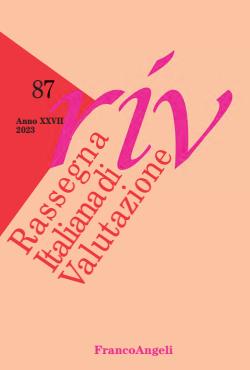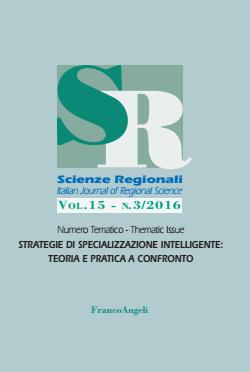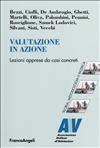
The growing attention on research evaluation in universities has underlined the importance of having a data system of information able to both sustain the decision-making process, and allow its use for different and not always converging purposes. Promoting excellence does not always coincide with the need to guarantee high quality and availability in an increasingly competitive environment. The «system dimension» is not considered for what it actually signifies, both at an internal and external level of the university. The article underlines the «internal evaluation», the procedures and choices that are maturing in the Italian context, starting with the recognition of the phenomenon promoted by Crui, and taking into consideration three very different examples. These examples differ in organizational aspects, and are considered based on their development and their motivational drive. The conclusions underline how the scenario is constantly evolving and needs to take note of the changing forms and ways of communication. This includes a process that leads to the realization of the scientific results to disseminate. The hope is to avoid the risk of confining evaluation activity in a contradictory and partial environment, and open it to the progression of knowledge.









